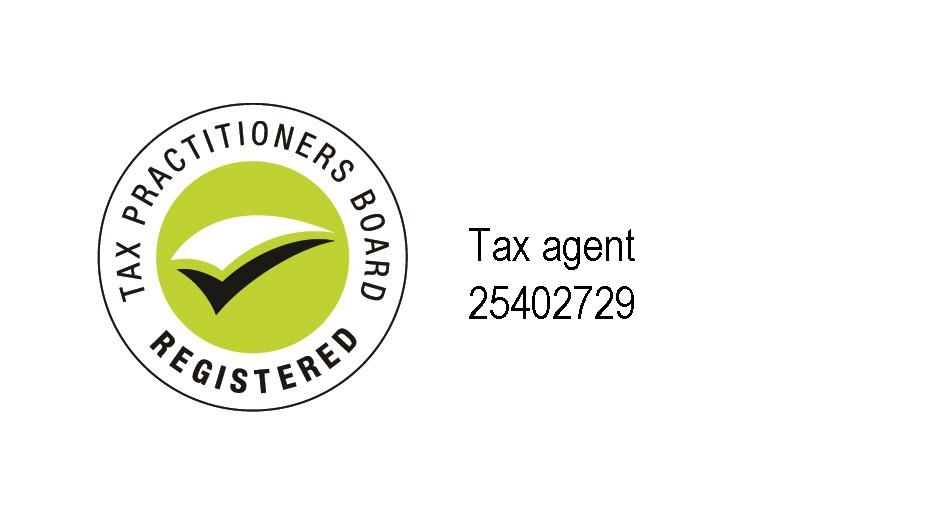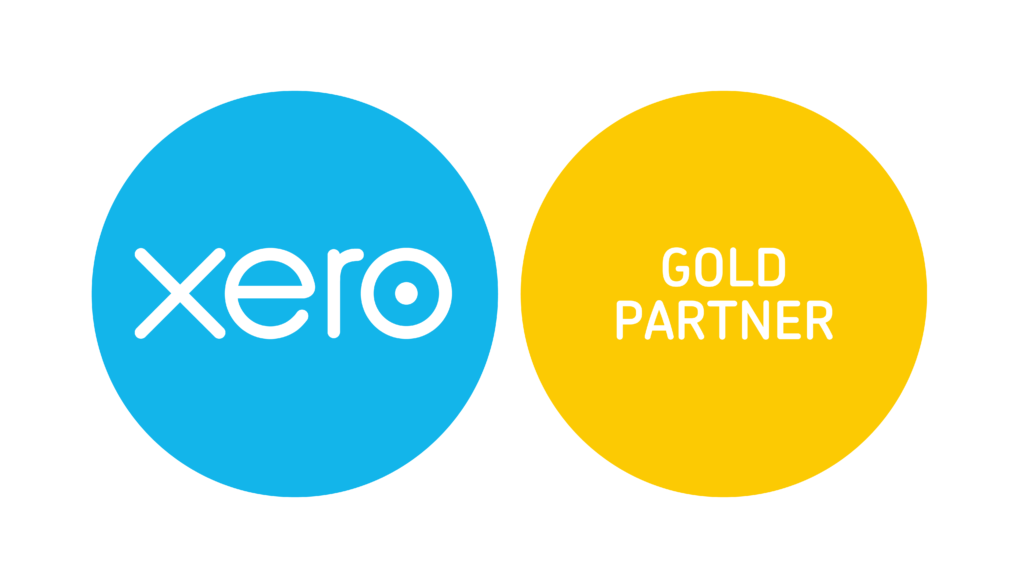Simplier business activity statements, an option for small business

The ATO are looking to reduce the compliance burden for small business (those with a turnover of less than $10m), come 1 July 2018, by allowing these entities to opt into simpler Business Activity Statement (BAS) reporting. The ATO will achieve this by reducing the number of labels that are required on each BAS, but only in respect to specific Goods and Services Tax (GST) labels.
The new simpler BAS will require only the following GST labels to be completed;
G1 – Total Sales,
1A – GST on Sales, and
1B – GST on Purchases.
This will remove the requirement to report previously required labels: Export Sales (G2), other GST Free Sales (G3), Capital Purchases (G10) and Non-Capital Purchases (G11).
It should be noted however, that there will be no change to the reporting cycles, or the remaining applicable labels surrounding Pay As You Go Withholding; W related labels, Pas As You Go Instalments; T related labels, or any other tax related labels, including Fringe Benefits Tax Instalments and Fuel Tax Credits. Further, this does not change the record keeping requirements to be able to substantiate any claims being made within each BAS, these will remain.
Accounting software providers are currently making necessary changes to their systems to allow their users to be able to update the tax codes in their chart of accounts to reflect these changes, should the business opt for the new simpler BAS.
For just about every small business, this will make life easier, and especially for new businesses who are yet to understand their GST obligations. There is one question though that many small business owners we have reached out to are asking; ‘why didn’t the ATO do this from the start?’. There is merit in this question. If we wind back the clock to 1999-2000, when GST was being introduced, accountants were inundated with questions from their clients as to how the GST system worked, and what their new obligations were going to be. It did take did take some time for businesses and accountants to get used to the new system. It caused a multitude of questions from businesses as to whether they were completing the BAS accurately. If a simplified version has been available earlier, it probably wouldn’t have reduced the number of questions in relation to completing activity statements, but would have been easier for business to understand and adopt, with less labels being needed to be understood.
Currently, many established businesses have an excellent understanding of the GST system and their BAS obligations, and a simplified BAS will no doubt be a welcomed initiative for all those eligible. There is expected to be another transition period, with questions once again being posed by adopters, such as ‘is the BAS right?’, ‘have we missed anything?’ ‘has my accounting software updated correctly?’ However, this will be short lived and should pass after the first few iterations of the new simplified BAS have been completed. This will also benefit Tax Agents, when advising new client’s who are subject to the GST system and qualify for the new simplified BAS process.







